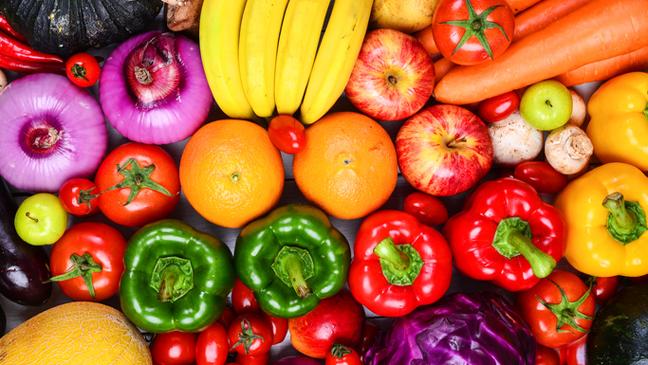Add Carotenoids In Your Diet To Boost Your Health

Carotenoids are organic pigments produced by plants, algae, some bacteria, and fungi. They range from yellow, to orange, and red. They are the reason flamingos feathers are orange-colored. The over 1,100 carotenoids known have two important categorizations either by oxygen or provitamin A. They either have them or not.
We don’t naturally produce carotenoids and we depend on dietary sources to benefit from them. Dietary carotenoids are stocked in animals’ fatty tissues and humans can improve their absorption by consuming them with fat, like cooking them in oil. Bile salts are responsible for the absorption capacity of the human body.
The richest plant sources of carotenoids are pumpkins, beets, carrots, corn, tomatoes, kale, yams, papaya, spinach, watermelon, apricots, broccoli, corn, guava, mustard peaches, squash, sweet potato, bell peppers, mangoes, and oranges. The animal sources are salmon, lobster, shrimp, and beef liver. Among all, carrots are the richest source of carotene, a carotenoid that doesn’t contain oxygen.
The benefits of carotenoids
They are well-renowned antioxidants. They help with the prevention of developing cancer as well as the fight with onset cancer by protecting the cell’s membrane from free-radicals and damaging substances. People suffering from prostate, head, and neck cancers have better chances of getting cured with the help of carotenoids.
They improve the immune system and help it fight inflammation as well as disease. The carotenoids that contain provitamin A are of great importance for cardiovascular and eyes health and they also sustain the overall growth.
Skin is another vitamin A beneficiary. Either by protection against sun exposure or by slowing down the process of premature wrinkles’ appearance. Skin’s texture, clarity, color, strength, and elasticity benefit from high-carotenoid diets. Melanoma is one of the cancer forms that can be fought with vitamin A’s help. Lutein, one of the carotenoids, which doesn’t contain provitamin A, can decrease the eyes’ macular degeneration risk by 43%.
0 comments